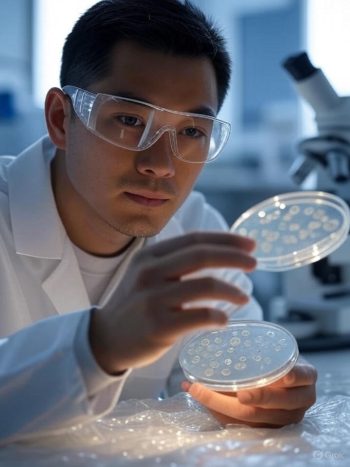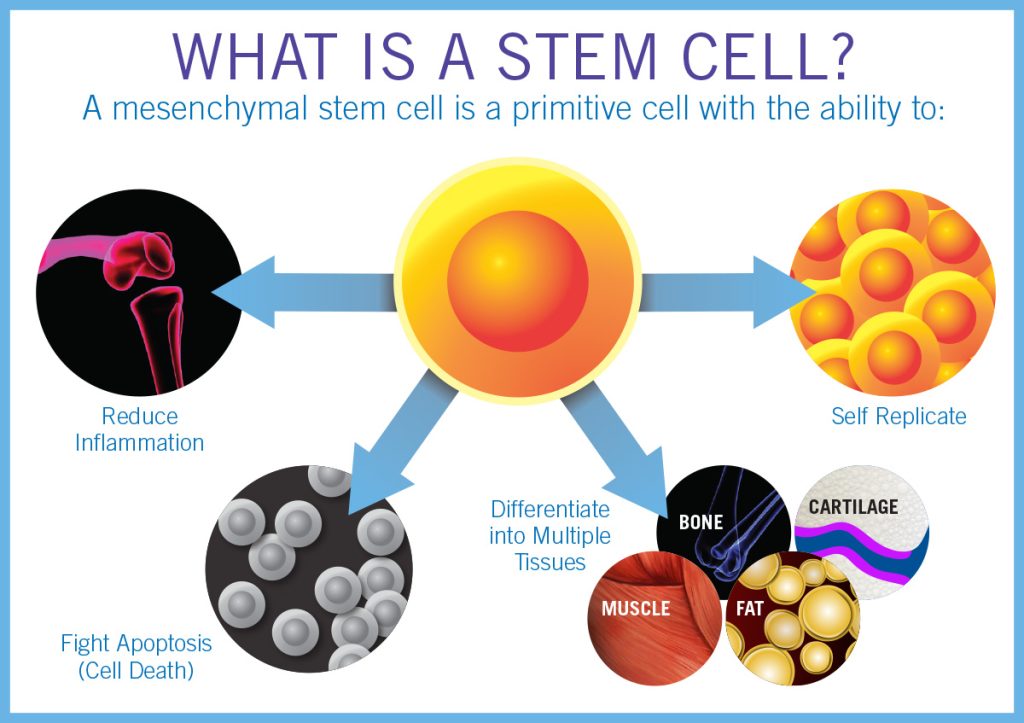Welcome to Ever Young Cabo
If you’re looking to turn back the clock and boost your health, Cabo San Lucas is the spot! Ever Young Cabo offers top-notch umbilical cord stem cell therapy that’s way more affordable than the US. It’s non-invasive, quick recovery, and patients rave about feeling energized and youthful. Plus, you’re in sunny Cabo, so it’s a wellness vacation for your body! Ready to rejuvenate?

Ever Young Cabo uses umbilical cord stem cells, specifically Mesenchymal stem cells MSCs from Wharton’s Jelly, to treat conditions like osteoarthritis, chronic pain, and nerve issues as well as amazing anti aging treatments. These cells are sourced from donated umbilical cords after safe births, with no harm to mother or baby, and are prized for their regenerative potential.
Mesenchymal stem cells (MSCs) from Wharton’s Jelly are multipotent stem cells derived from the gelatinous connective tissue found in the umbilical cord. Here’s a concise overview:
Key Characteristics
- Source: Wharton’s Jelly, the mucoid connective tissue surrounding the umbilical cord vessels, is rich in MSCs. These cells are harvested from umbilical cords, typically obtained post-delivery with ethical advantages due to their non-invasive collection.
- Multipotency: Can differentiate into various cell types like osteocytes, adipocytes, and chondrocytes.
- Immunomodulatory: Exhibit low immunogenicity (low HLA expression), reducing rejection risk in transplants, and secrete factors that modulate immune responses.
- Non-tumorigenic: Generally safe with low risk of tumor formation.
Advantages
- Accessibility: Umbilical cords are medical waste, making MSCs easy to obtain without ethical concerns.
- Youthful Cells: MSCs from Wharton’s Jelly are from neonatal tissue, offering higher proliferation and differentiation potential than adult-derived MSCs.
- Immunological Benefits: Ideal for allogeneic transplants due to their immune-privileged status.
Applications
- Regenerative Medicine: Used in treating conditions like osteoarthritis, myocardial infarction, and neurodegenerative diseases due to their tissue repair capabilities.
- Immunotherapy: Applied in autoimmune disorders (e.g., type 1 diabetes, graft-versus-host disease) for their ability to suppress inflammation.
- Tissue Engineering: Utilized in scaffolds for bone, cartilage, or nerve regeneration.
- COVID-19: related lung damage and other vaccine related health issues.









